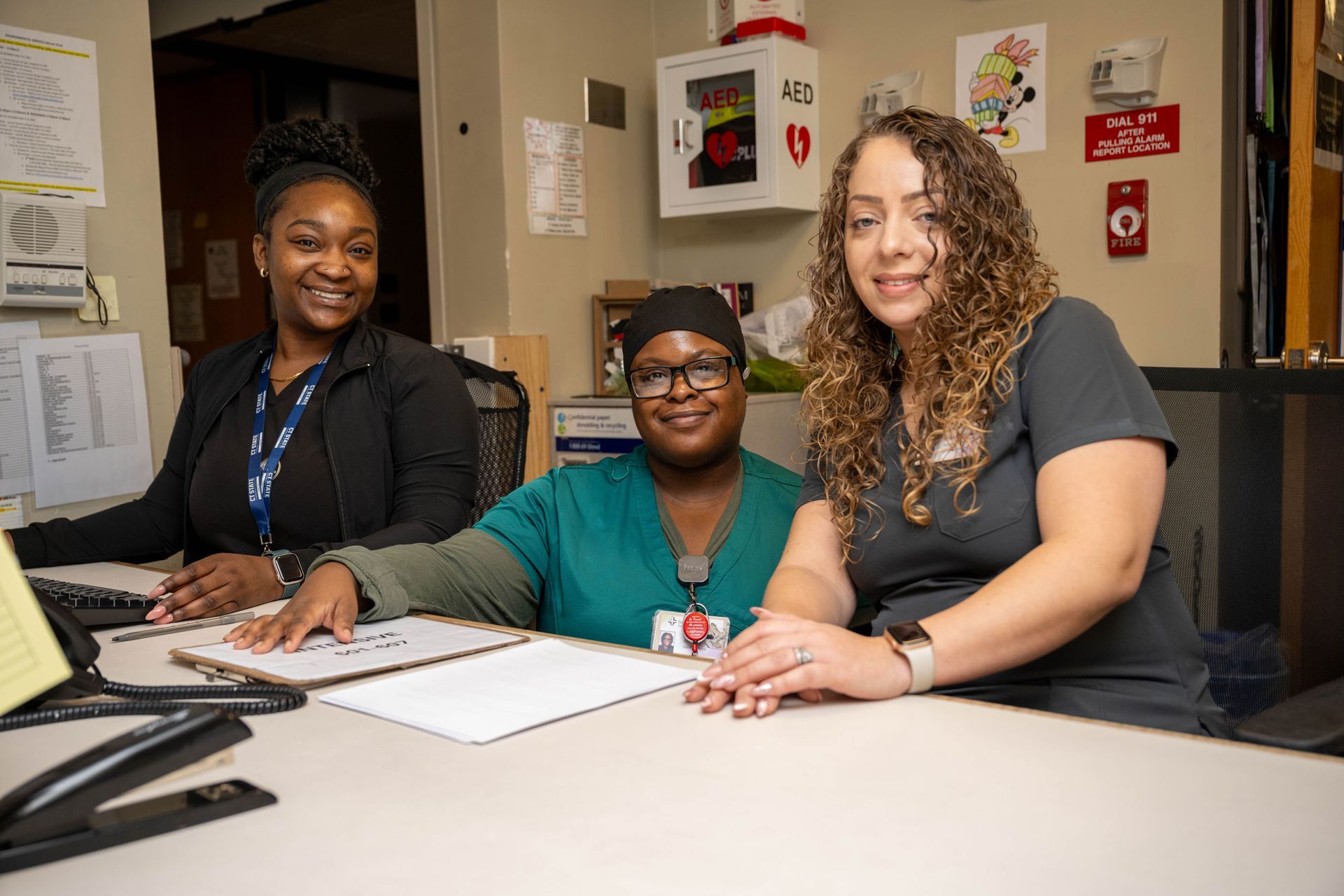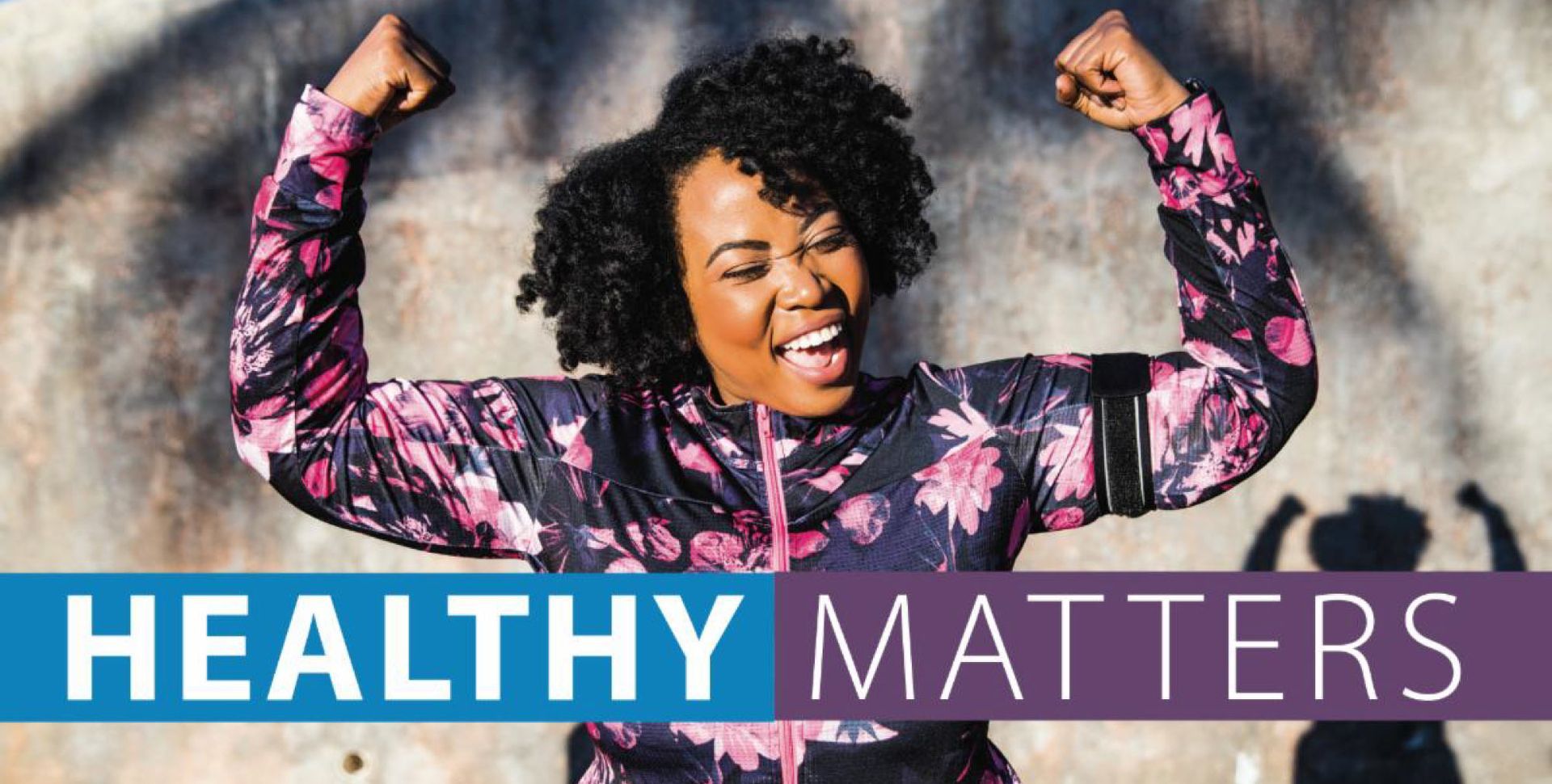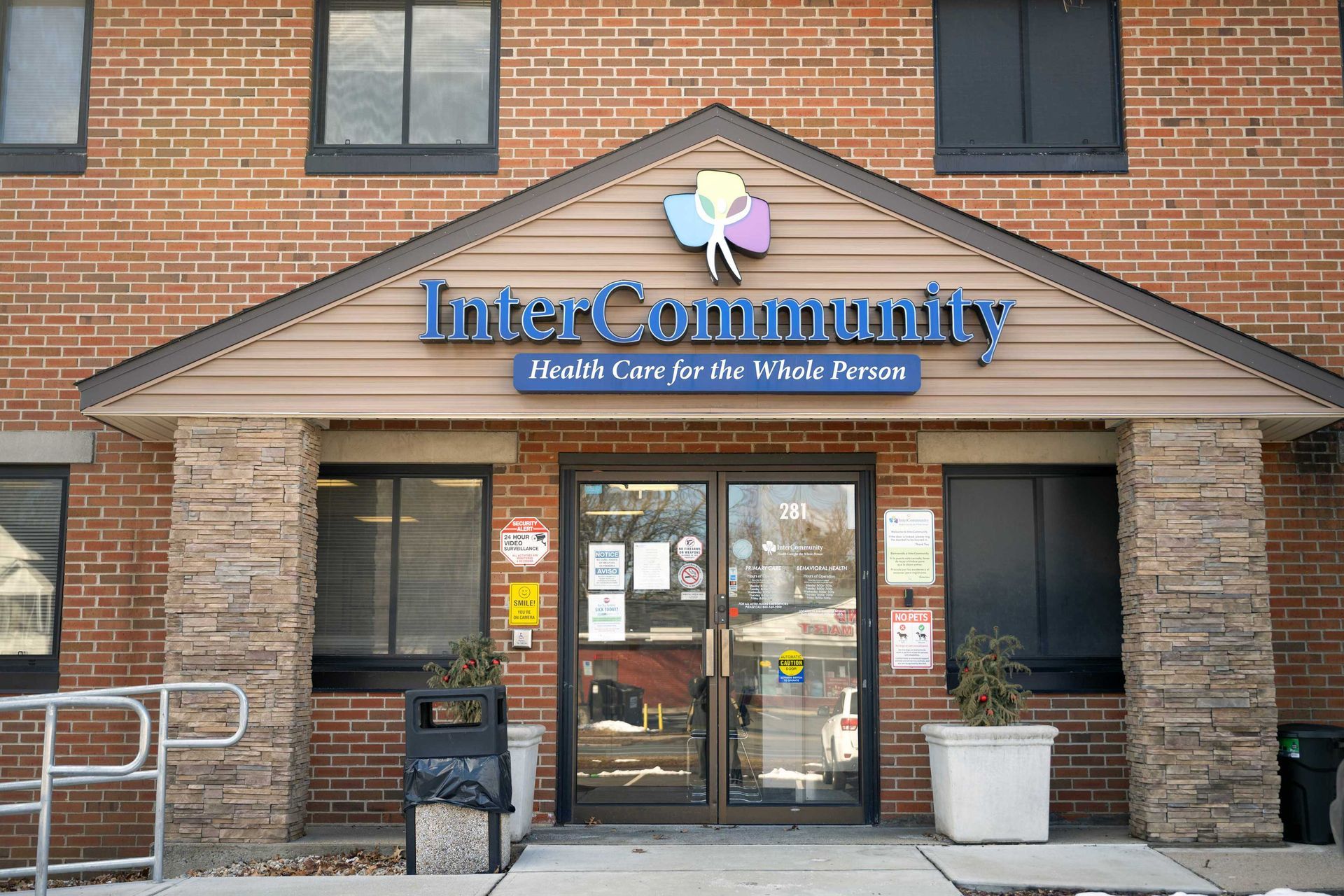March 10 is National Women and Girls HIV/AIDS Awareness Day
Did you know that in 2019, women made up 20% of all new cases of HIV in the United States?
HIV is spread through body fluids such as blood, semen, or breast milk. The risk of getting or transmitting HIV varies widely depending on the type of exposure or behavior. Most commonly, people get or transmit HIV through anal or vaginal sex, or sharing needles, syringes, or other drug injection equipment—for example, cookers.
You can get HIV when you:
- Have sex with a person who is HIV positive and do not use a condom. Most women get HIV from having unprotected sex with a man. You cannot tell who has HIV just by looking at them. Always use a condom every time you have sex.
- Share needles or syringes (drug works) with someone who has HIV
- Get blood from a person who has HIV. Now all donated blood is tested for HIV. You can’t get HIV from giving blood.
You can’t get HIV from :
- Shaking hands
- Kissing
- Sharing household items like forks or glasses with someone who has HIV
Read more here about risk factors.
It is important for women to know if they have been infected with HIV so they can be treated. HIV medicine can make the viral load undetectable, and allow individuals to stay healthy for many years. People who take their HIV medicine every day have effectively no risk of transmitting the virus to their sex partners.
(Source: Centers for Disease Control)
The post March 10 is National Women and Girls HIV/AIDS Awareness Day appeared first on InterCommunity.





No one will be denied access to services due to inability to pay; and there is a discounted/sliding fee schedule available based on family size and income.
For all concerns of a compliance nature please send correspondence to compliance@intercommunityct.org
Or call our corporate compliance department at
860-569-5900
extension 364
For all concerns of a compliance nature please send correspondence to compliance@intercommunityct.org
Or call our corporate compliance department at:
860-569-5900
extension 364
#WeWontStopCaring
© 2025 All Rights Reserved. InterCommunity inspires hope and promotes whole person health by providing high quality, affordable, compassionate healthcare for everyone. InterCommunity, Inc. is a 501(c)(3) organization. Your contribution is tax-deductible as allowed by law. Accessibility statement.











